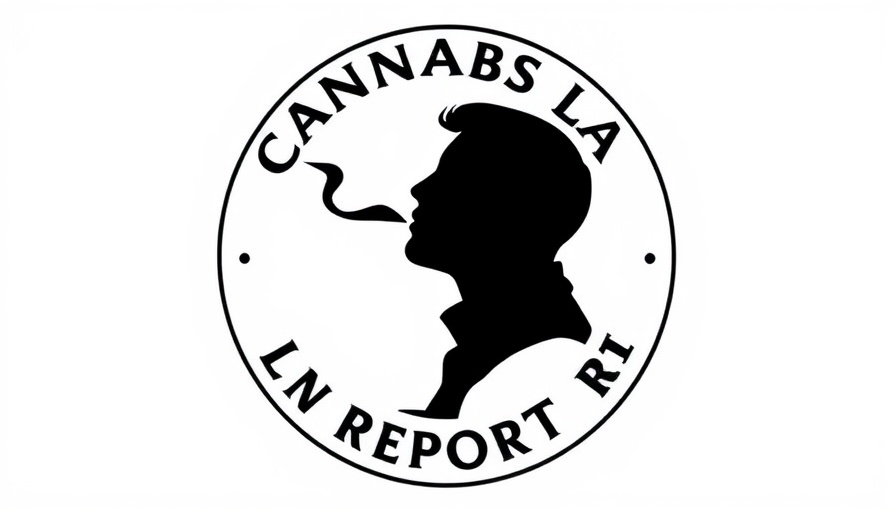
Veterans' Mental Health Crisis Calls for Action
Every year, thousands of veterans face an uphill battle with mental health issues, with over 6,000 tragically losing their lives to suicide. In a bold move to address this crisis, Adam Marr, the Director of Operations at the Veteran Mental Health Leadership Coalition, is set to testify before the U.S. Senate Committee on Veterans’ Affairs. The field hearing, titled "Separating Fact from Fiction: Exploring Alternative Therapies for Veterans’ Mental Health," will take place on August 22 in Montevallo, Alabama. Marr’s testimony will shine a spotlight on a critical issue—the need for alternative therapies in a system where traditional approaches often fall short.
Why Psychedelics Matter in Mental Health Treatment
Currently, many veterans are prescribed SSRIs, which do not always provide the relief they need. Marr argues for a shift towards innovative treatments such as psychedelic therapy, which has shown promise in mental health recovery. The Veteran Mental Health Leadership Coalition urges Congress not only to expand research in this area but also to establish practical pathways for veterans to access these crucial therapies. By increasing federal investment in treatments that include ketamine and MDMA-assisted therapy, the coalition believes many lives can be saved.
Bridging the Gap: From Words to Action
Marr's messaging is clear: it’s time to turn supportive words into tangible actions. The plan includes removing barriers to access life-saving treatments and creating a federal task force on emerging therapies. This task force would engage veterans directly in discussions about the best treatment strategies, ensuring their voices and experiences guide policy decisions. Ensuring safe and equitable access to these alternative therapies is not just beneficial—it's urgent for the mental well-being of our veterans.
A Community Effort: The Role of Local Advocacy
As Marr prepares to take the stand, his mission resonates with communities at every level. This isn't just a national concern; local advocacy plays a crucial role in raising awareness about veterans' mental health. Grassroots initiatives can create environments where veterans feel compelled to share their stories, fostering understanding and support among peers and family.
What’s Next for Veterans’ Health Care?
The upcoming hearing will feature insights from key figures, including Lt. Gen. Martin R. Steele, and Dr. Lynette Averill, a noted expert in PTSD. Together, they’ll discuss not just the current landscape of veteran mental health but also future predictions for treatment approaches. These conversations are essential as they could pave the way for a more holistic understanding of mental health, directly impacting legislation and policy.
In bringing attention to these important issues, Marr's testimony may serve as a catalyst for change, potentially transforming the lives of countless veterans looking for hope and healing.
To stay informed about further developments in veterans’ mental health initiatives and alternative therapies, it's crucial to engage with local advocacy groups and community resources, fostering a supportive environment for those who’ve served our country.
 Add Row
Add Row  Add
Add 




Write A Comment